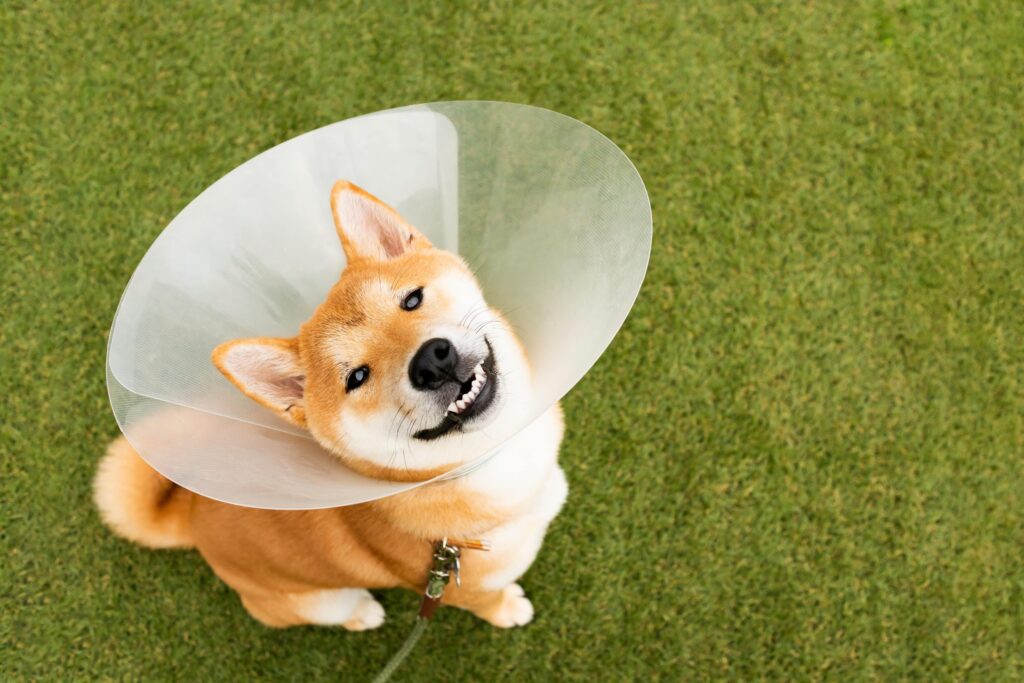How to Care for Your Pet After Surgery

Emergency surgery can be stressful for you and your furry companion. Being prepared to provide care after getting settled at home is critical to promote healing and recovery and get your pet back to everyday life as soon as possible. Our McKinney Emergency Veterinary Clinic team has put together a guide to help ensure the best possible outcomes for your precious pal.
Follow Post-Operative Care Instructions
We will provide you with instructions on how to care for your pet after surgery. These may include guidelines about medications, wound care, activity restrictions, and dietary considerations. It is important to follow these instructions carefully to ensure a safe recovery and prevent complications. If you have any questions or concerns, contact our office for guidance.
Recovering from the Effects of Anesthesia
We perform surgeries under general anesthesia for your pet’s safety and comfort. After the procedure, it may take some time for the anesthesia to wear off. Your furry companion may seem sleepy and groggy and may have no appetite. These effects of anesthesia are no cause for alarm and will soon wear off with some rest.
Setting Up a Quiet Space for Recovery
Your pet will need a quiet, peaceful place to recover. Prepare warm, comfy bedding with enough room to stretch out. Provide your furry companion with plenty of space to ensure there is no pressure on the surgical site. Make sure the recovery area is away from distractions, loud noises, young children, other pets, or excessive foot traffic.
Caring for the Surgical Site
It’s essential to care for the surgical site as outlined in your pet’s discharge instructions. We may instruct you to clean the area with a clean, damp cloth. Your furry companion may also need bandage changes or medical cleanings by one of our veterinary team. Always monitor the incision site for redness, swelling, discharge, or unusual odors. These may be signs of infection or complications requiring immediate veterinary care.
Preventing Licking or Chewing
After surgery, your pet may be tempted to chew at the incision site, which can interfere with healing and lead to infections or complications. Depending on the location of the incision, we may recommend an Elizabethan collar, also known as the “cone of shame,” to prevent licking. Make sure to leave the e-collar on at all times to protect the incision site. Your pet will be able to rest, eat, and drink comfortably but cannot reach and disrupt the surgical site.
Restricting Your Pet’s Movement
You will need to limit your pet’s activities and movement for some time after surgery. Jumping or running around can interfere with healing and may even cause the incision to open. If you can’t directly supervise your furry friend, confining them to a safe and comfortable space can help prevent jumping on furniture or climbing stairs.
Monitoring Food and Water Intake
Your canine or feline friend will need proper nutrition to promote healing. It’s also important to provide access to fresh water at all times to prevent dehydration. Depending on your pet’s unique needs, we may recommend a specific diet. If your pet seems reluctant to eat or drink, contact your veterinarian for guidance.
Offer Plenty of Love and Support
Surgery can be stressful for your furry companion. Make sure to offer plenty of love and comfort during this time. Your soothing voice and companionship can be calming and comforting for your precious pal. Remember—pets can pick up on your emotions, so staying calm and reassuring will help your furry companion feel safe.
Emergency Veterinary Care Near Me in McKinney, TX
At McKinney Emergency Veterinary Clinic, we understand how stressful emergency surgeries can be for pets and their human families. Our dedicated team is committed to providing the best possible care for your furry friend. We treat our patients as we do our own pets, ensuring their comfort and well-being every step of the way. If your pet experiences any emergency outside your regular veterinarian’s hours, call 469-820-0233 to schedule an appointment for immediate care.
